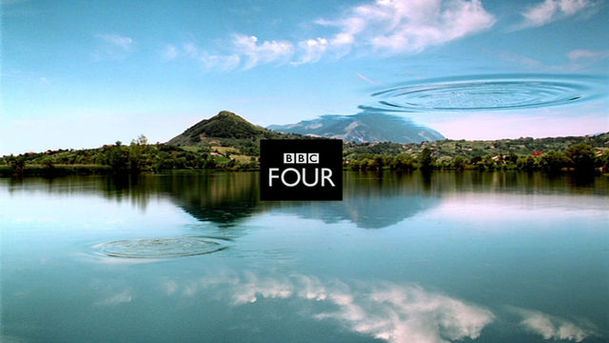Censored at the Seaside: The Postcards of Donald McGill

With their fat wives, skinny husbands and embarrassed vicars, Donald McGill's postcards and their cheeky end-of-the-pier humour are known throughout the world; however, the authorities of post-WW2 Britain weren't so enamoured with McGill's sense of fun. This documentary, narrated by Linda Smith, takes a look at how one man and his double entendres became caught up in the absurdity of post-war censorship. McGill was a British institution, whose saucy postcards became an integral part of the British seaside holiday and at the height of his popularity were selling up to 16 million copies a year. The bawdy humour came straight out of the music hall and it is a British tradition that led on to the Carry On films, Benny Hill and Les Dawson. McGill's humour was thought to be so representative of the British character that it was championed by George Orwell in a famous essay and Dennis Potter named him the 'Picasso of the Pier'. Yet in the 1950s, with McGill almost in his 80s, he was prosecuted for obscenity. He pleaded guilty to avoid being imprisoned and continued to work for another eight years, but the demise of the saucy seaside postcard had begun. The film includes interviews with McGill enthusiasts Roy Hudd, Roy Hattersley and Michael Winner.